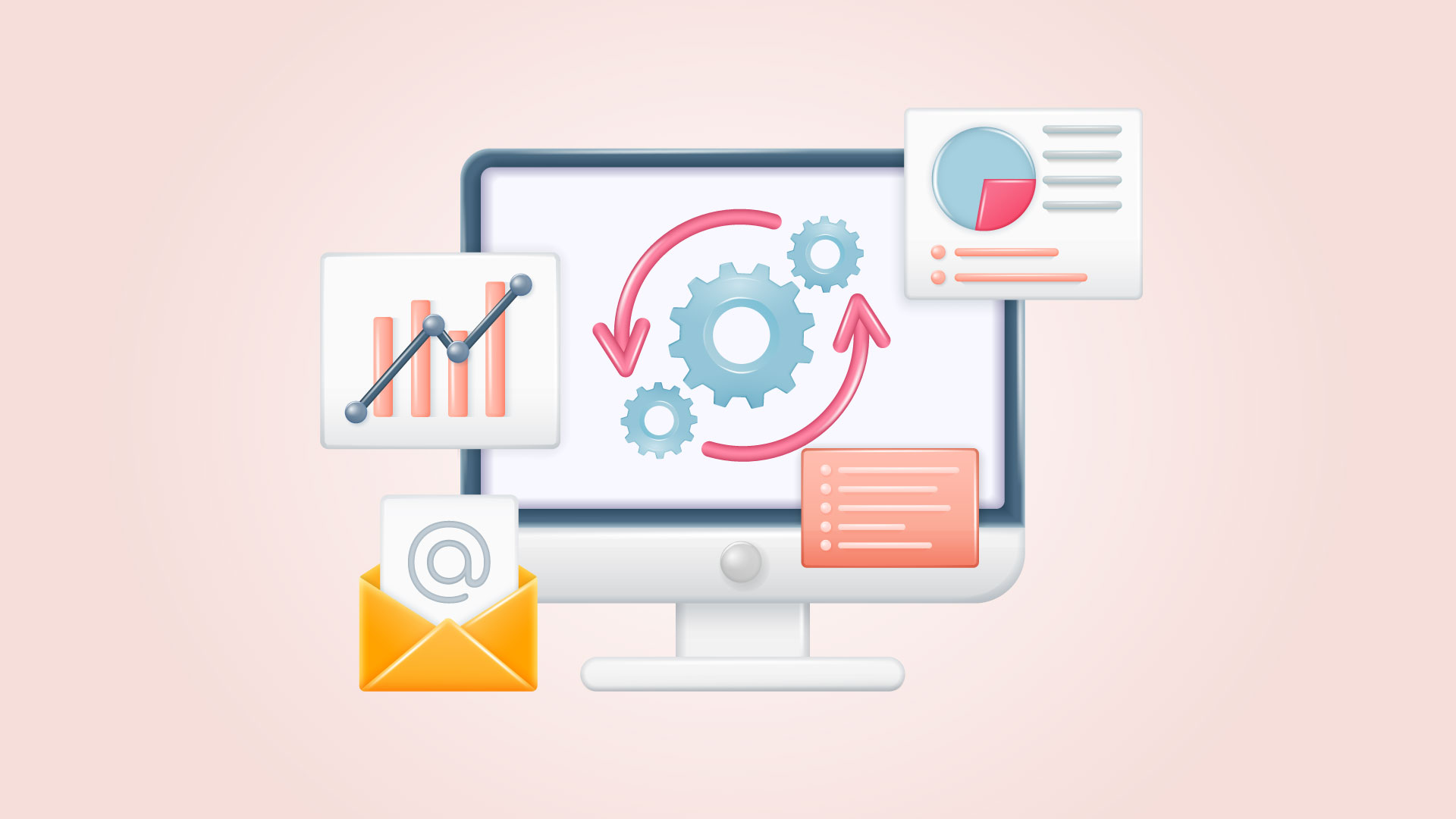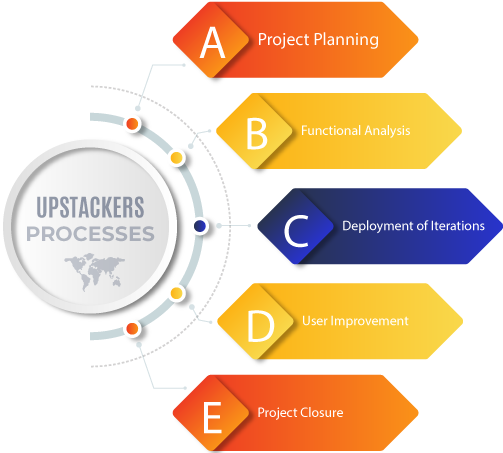Odoo Implementation
In today’s world, businesses have been facing a lot of competition. Hence, to stay in the game, businesses have to work out at every level efficiently and successfully to have the desired end result. Operations at every level should be optimized and carried out in the best way possible to achieve the desired goal. In order to achieve this, ERP was found. The meaning of ERP is Enterprise Resource Planning. ERP software products have simplified the way business operations at every level are carried out.
But the catch here is, ERP comes with its own sets of benefits as well as advantages. An enterprise can have several functional departments like Human Resources, Customer Relationship, Inventory, Financial management etc. So, initially, ERP was developed to suit every department individually. And this led to each department having different software applications to establish the department’s goal. This denied the creation of a centralized structure with zero communications within different departments which gave rise to a chaotic situation.
To overcome such disadvantages and loss of efficiency, Odoo was found. Odoo was founded with an aim to provide a customized platform that provided all the benefits a business could derive. This was followed by enhanced performance and increased industrial growth.

